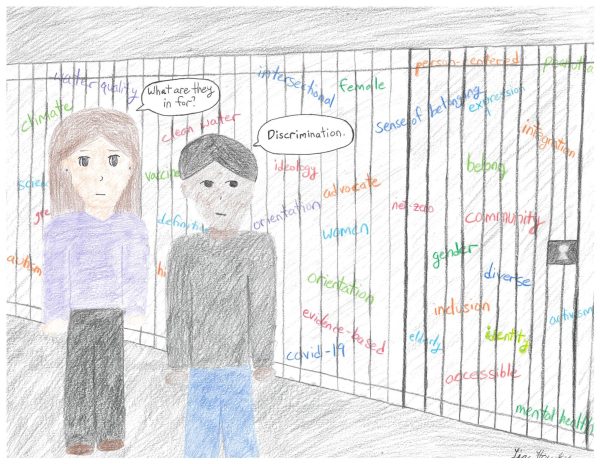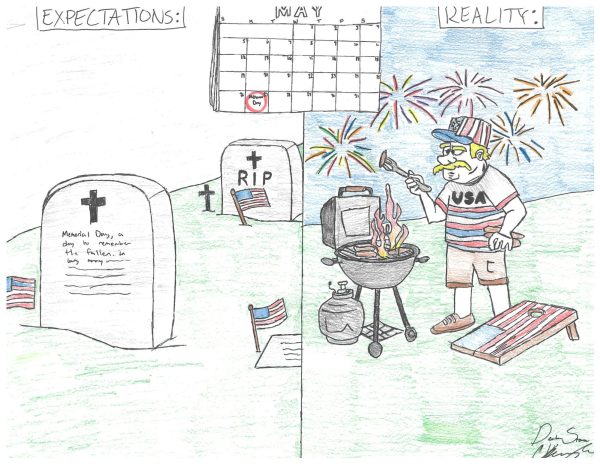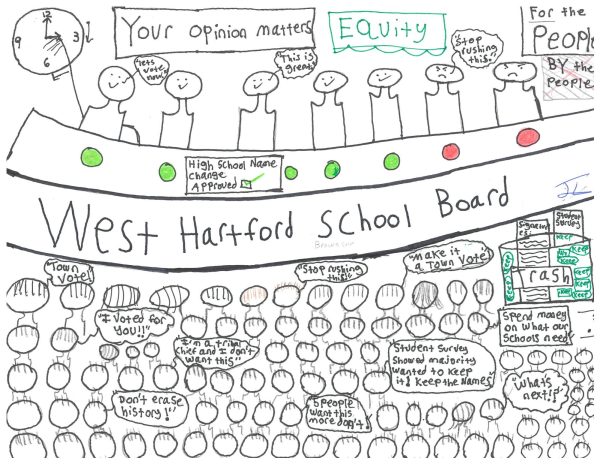Children’s Rights and Education
The “Parental Rights and Education” bill, or more commonly known as the “Don’t Say Gay” bill, was passed by both the Florida Senate and the Florida House of Representatives on March 8, 2022. The bill bans teaching and discussion about sexual orientation and gender identity in schools between kindergarten and third grade, though its vague language might allow it to apply to higher grades.
Ron DeSantis, governor of Florida, has expressed support for the legislation and has indicated that he will sign it. “How many parents want their kids to have transgenderism or something injected into classroom instruction?” DeSantis asked reporters.
This bill not only affects LGBTQ+ youth, but kids with LGBTQ+ families. It also traps teachers into a position where they have to choose between being involved with a lawsuit or excluding children.
“Imagine elementary school students are asked to draw pictures of their families and present them to the class,” says Kara Gross, the legislative director and senior policy counsel of the American Civil Liberties Union of Florida, in an interview with Time magazine. “What happens if a child being raised by a same-sex couple draws a picture of their two dads? Their teacher may face a decision between allowing the child to participate…and opening themselves and their school up to lawsuits, or excluding them from the exercise.”
Generally, children form ideas about gender and stereotypes as early as 18 to 24 months. These stereotypes are constantly repeated and most children start to behave whichever way brings the most reward, in spite of their genuine gender identity. “At ages 5 to 6 years, most children are rigid about gender stereotypes and preferences,” says the Mayo Clinic.
By banning discussion about gender identity, this bill will further perpetuate stereotypical ideas about gender. Children are “injected” with Disney princesses or Nerf guns, pink or blue, Power Rangers or Sophia the First from the moment they’re born. The bill will further ingrain a mindset in elementary schoolers that they have to fit in with what they are constantly taught is “normal.”
That’s what’s happening in Florida, but why should you care? Unfortunately, the “Don’t Say Gay” bill is not an anomaly. According to the ACLU, in last year over 100 anti-LGBTQ bills were introduced in 35 states, mainly targeting trans youth. Some would ban trans kids from school sports or from receiving medical care. This type of legislation doesn’t just impact people in majority Republican states, it impacts everybody.





